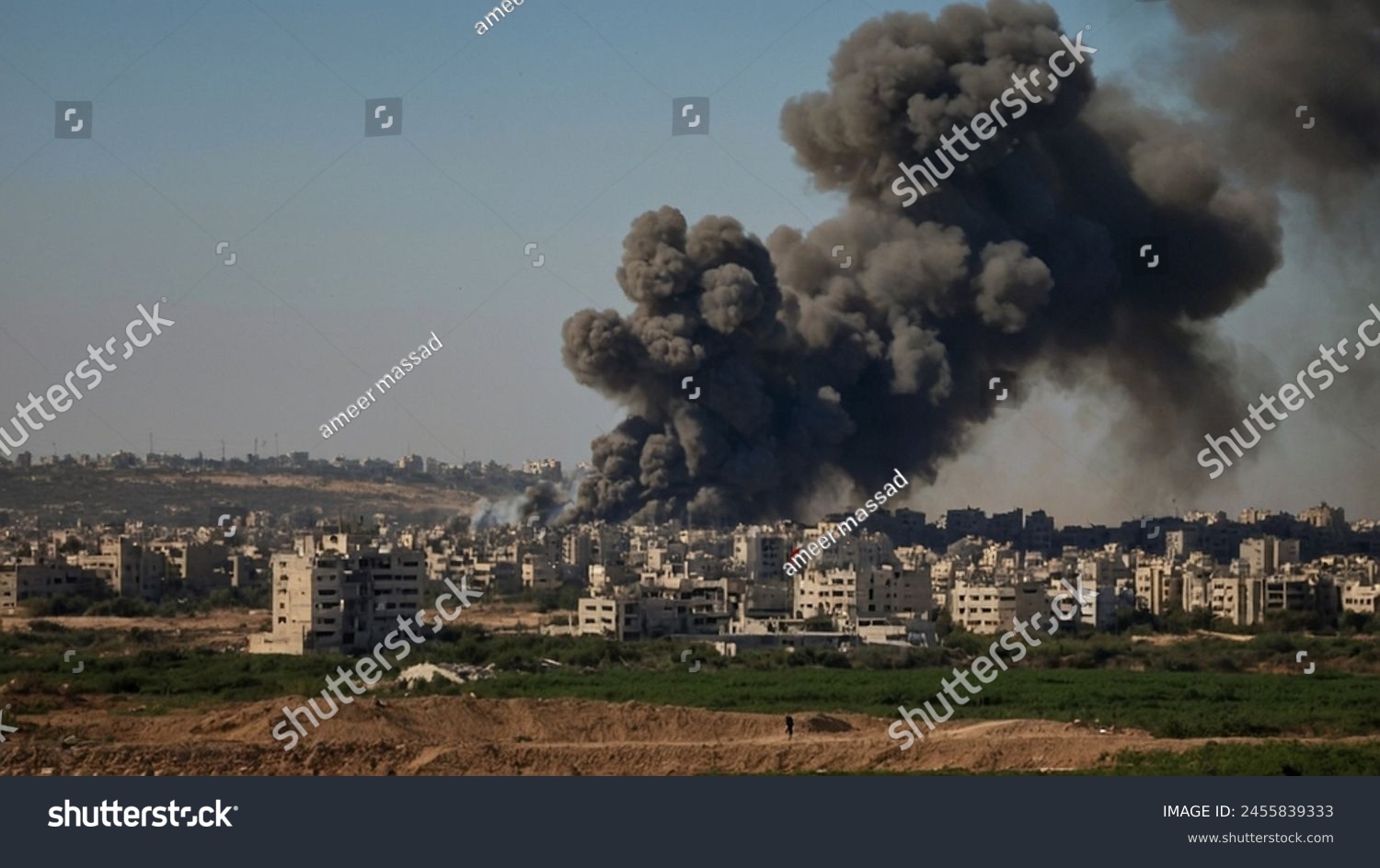Ramit Mehrotra, Pune
Israeli foreign minister Isreal Katz, declined the proposal of a ceasefire with Hezbollah after the US and France called for a three-week halt in the altercation that has claimed the lives of 100 people. The prime minister’s office responded that it was a proposal framed by the US and France which has not been acknowledged by Prime Minister Benjamin Netanyahu. They have asked Hezbollah, to retaliate with no inhibitions.
The US, France and several other West Asian countries had jointly called for a 21-day ceasefire on the air strike in Lebanon which killed over 100 people and displaced numerous. The current scenario in Lebanon has become extremely sensitive and impossible to look away from, read the statement written by the US’s Joe Bide, France’s Emmanuel Macron, and other allied countries, such as Japan, Qatar, Saudi Arabia, United Arab Emirates as the global leaders met on the United Nations General Assembly in New York.
The three-week peace period was called after Israel announced an all-ground offensive in Lebanon, against Hezbollah. The main objective was to allow the residents of Lebanon to co-exist peacefully, and assuage the contention between the two parties. With the current efforts on the ceasefire, officials also hope for a more open space for deliberated efforts for peace in Israel and Gaza, potentially bringing a larger motive at play.
The plan was announced after Joe Biden sought an “all-out effort” to ensure a permanent to the escalating wars in Isreal and its neighbouring countries. The US Secretary of State Anthony Blinken has worked with both West Asian countries to come up with a reasonable plan to curb the escalation of conflict with Israel and Hezbollah.
Meanwhile, Israeli politicians have heavily condemned the peace proposal. Metula Regional Council Head David Azulai lamented that the ceasefire would lead to the next October 7, and would lead to dangerous implications in terms of having a defensive front in the conflict zones. Agreeing to settle with the terrorist organizations would pose a greater danger for the prisoners in the North to come back home, according to the council chief.
This is the most intense conflict between Israel and Hezbollah in the last two decades.
